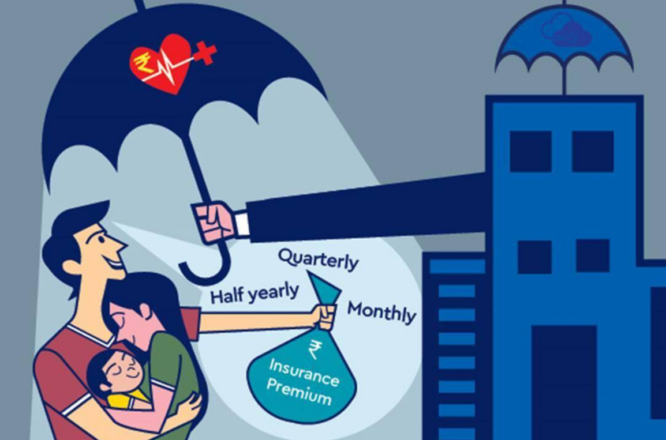
High-value health insurance—worth it? 2023
Sanjh
- 0
As people seek comprehensive health insurance, high-value policies have grown in popularity.
Are these plans worth it?
To assist you choose a healthcare plan, we examine the benefits, downsides, and concerns of high-value health insurance.
High-value health insurance?
Premium or comprehensive health insurance gives more coverage and perks than regular policies.
These plans usually include lower deductibles, no copayments, larger networks, and personalized services.

Advantages
- Full coverage
High-value health insurance covers hospital stays, surgeries, expert consultations, preventative care, and prescription drugs. This strong coverage protects policyholders from unexpected medical bills and allows them to receive vital treatments without high out-of-pocket charges.
- Cost savings
Premium plans have reduced deductibles, copayments, and coinsurance. Policyholders pay less for medical services. Lower financial responsibilities might benefit those with chronic diseases, frequent medical demands, or dependents who need regular healthcare.
- More providers
Doctors, specialists, hospitals, and medical facilities are commonly available through high-value health insurance. Policyholders can pick the providers that best suit their needs, assuring continuity of care and tailored therapy.
- Improved perks and services
Premium health insurance may feature extra perks and services. Dental, vision, mental health, wellbeing, alternative treatments, and telemedicine may be included.

These extras improve well-being and can benefit policyholders seeking comprehensive treatment.
Drawbacks
High premiums: High-value health insurance offers more coverage and perks. These plans cost more than ordinary health insurance. High-value plans’ higher premiums must be justified by a person’s budget.
- Over insurance
High-value health insurance may overinsure healthy, low-needs people. Spending money on superfluous perks might be wasteful. Assess your health and decide if additional coverage is necessary.
- Few network options
Some high-value health plans have limited provider networks. These plans may provide cheaper out-of-pocket payments inside the network, but seeking treatment outside the network may cost more or not be covered. Make sure the plan covers your favorite physicians, specialists, and hospitals.
- Personal health preferences
Consider your medical history, requirements, and preferences when choosing high-value health insurance.
Comprehensive coverage may benefit those with pre-existing diseases, continuing therapies, or a higher risk of needing specialist care.
If you’re healthy and infrequently see a doctor, a basic plan with cheaper rates may work.
Conclusion
High-value health insurance relies on health requirements, money, and preferences.
Comprehensive coverage and lower out-of-pocket expenditures can provide you peace of mind, but you must consider the higher premiums against your healthcare needs.
Consult an insurance or financial expert to find the best coverage for your needs.

